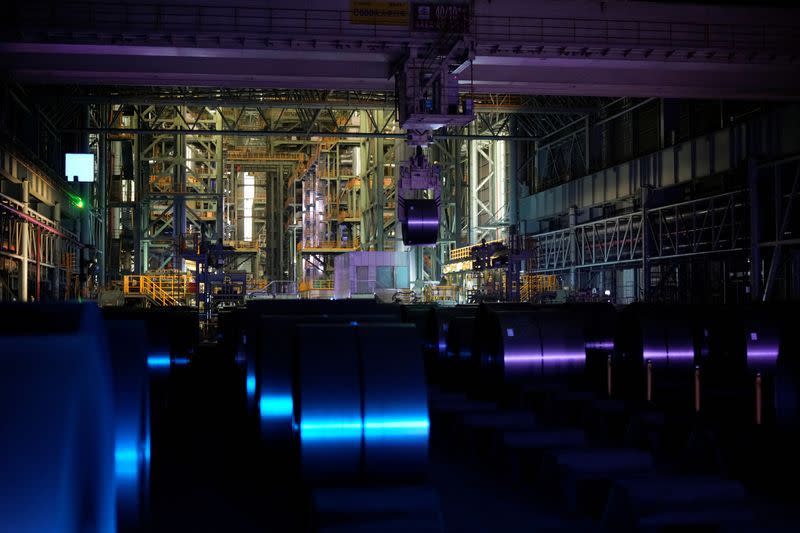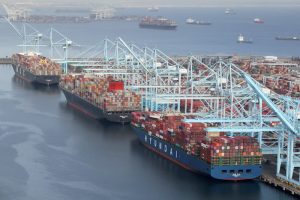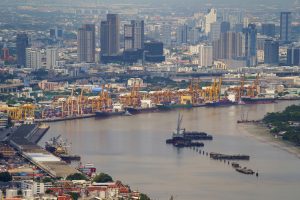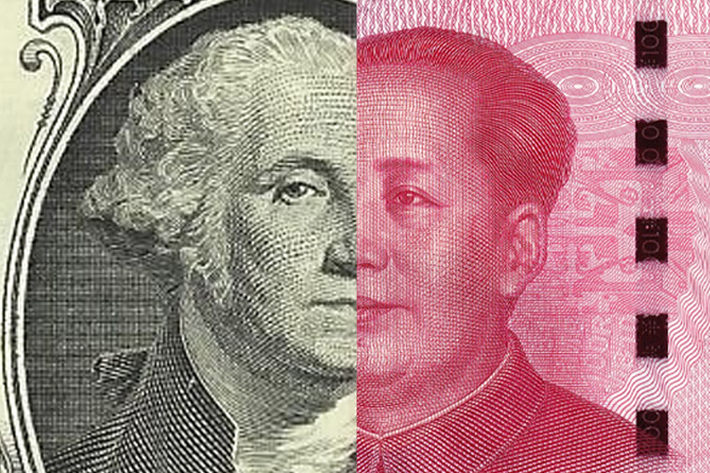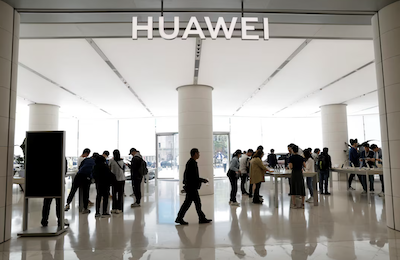China’s Commerce Ministry said on Thursday the European Union’s move to investigate Chinese steelmakers over subsidies goes against international trade norms.
The EU is reported to be working on an anti-subsidy probe of factories in countries such as China that generate excess steel.
“China firmly opposes unilateralism and trade protectionism that abuses trade remedy measures and we will pay close attention to the follow-up actions of the EU,” Commerce Ministry spokesman He Yadong said.
The EU approach pushes up downstream manufacturing costs and affects consumer interests, to the detriment of global supply-chain sustainability, He said.
ALSO SEE: China Curbs Brokerage Accounts in Bid to Stop Capital Outflows
The bloc plans anti-subsidy investigations into steelmakers producing to excess in countries such as China as part of an agreement with the US to end Trump-era tariffs, two EU officials said on Tuesday.
The EU move, which was reported initially by the Financial Times, is likely to be announced at a summit with the US, which has been targeting China in an effort to shield its industries from rivals that benefit from state subsidies.
US President Joe Biden will host European Commission President Ursula von der Leyen and European Council President Charles Michel on Friday October 20, just before a deadline to resolve a bilateral dispute over steel tariffs.
During trade talks in Beijing last month, China’s economy tsar, He Lifeng, asked Valdis Dombrovskis, the EU trade dommissioner, to “exercise restraint in the use of trade remedy measures”.
The EU has repeatedly said that de-risking does not mean decoupling from China.
Reducing dependency on China
Last week, EU leaders met to map out economic security strategies aimed at reducing China dependencies and boosting the bloc’s competitiveness.
The bloc was particularly focused on cutting dependencies for strategic products, particularly those required for its green transition. These include critical minerals such as lithium — used in electric vehicle (EV) batteries — and rare earths found in wind turbine magnets.
The European Commission recently launched an investigation to decide whether to impose punitive tariffs to protect EU producers against cheaper Chinese electric vehicle imports that it says also benefit from state subsidies.
Beijing has also objected to EU plans for a Carbon Border Adjustment Mechanism that will set tariffs of 20% to 35% on goods with a high carbon price, such as steel and iron ore.
The EU has already put punitive tariffs on 20 grades of Chinese steel and stainless steel products and set import quotas in moves to safeguard its market until mid-2024.
China’s shipments have fallen steadily since 2018 to less than a tenth of EU steel import volumes, compared to 2015, when they made up a quarter, according to EU steelmakers federation Eurofer.
- Reuters with additional reporting and editing by Jim Pollard
NOTE: The headline on this report was amended, plus the photo changed and content updated on October 12, 2023.
ALSO SEE:
EU May Also Probe China Subsidies for Wind Turbines – FT
China-Western Tensions Reshaping Global Business
German Carmakers Fear EU’s China EV Probe: Minister – Politico
China’s Economic Aggression a Global Threat, says Germany
China EV-Makers Start Steady in Europe Amid Cost, Trust Issues
US Checking EV Battery Imports Over China Forced Labour Fears




